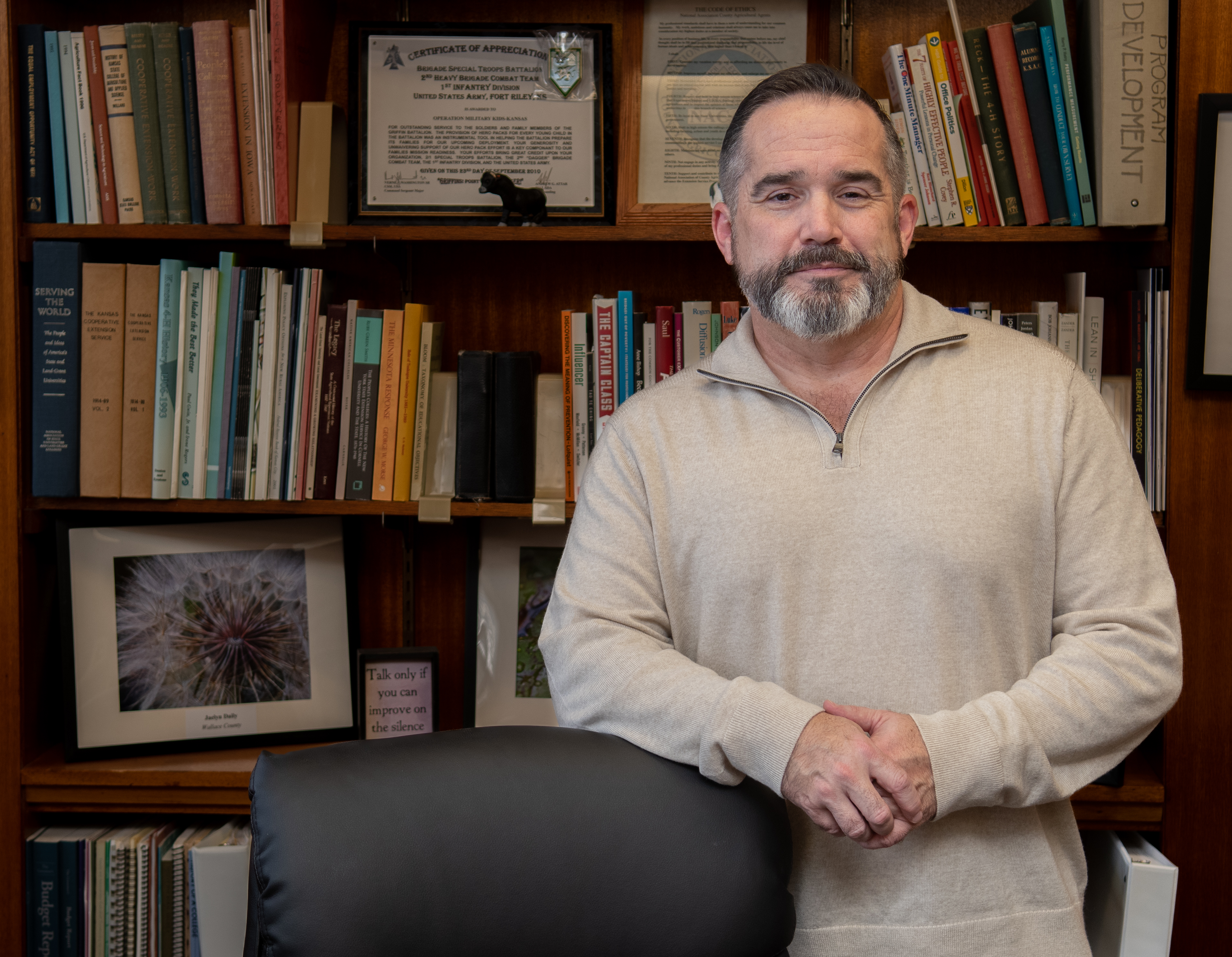June 13, 2023
Be You

It is funny what sticks in your memory.
I remember my dad helping me to get ready for church one Sunday morning. I could not have even been more than 4 or 5 at the time. It was just me and him. He got down on one knee to comb my hair, looked me in the eye, and said, “I part my hair from right to left, but I am going to part your hair from left to right because every boy deserves to be at least a little different than their dad.”
From that very early age, he was giving me permission to be me and encouraging me to be me. He was not giving me permission to throw out our family values or to go off and do radical things that would get me in trouble or hurt. He was just saying that I could be me. He would still be watching over me to make sure I did not hurt myself or others, but I did not have to do things exactly like him.
We have a lot of newcomers to our profession and system. A common mistake made by many new extension professionals, their mentors and other experienced colleagues, and supervisors is trying to have the new extension professional become exactly like their predecessor. This occurs more often when the predecessor was successful.
“If I can be like Joan, I will be successful.”
“Joan felt that one program was really important.”
“Joan never did it that way.”
Every extension professional is unique. They have unique skills, expertise and experiences. Doing things exactly like their predecessor may not work for them. They still need to address the needs of the people they serve. They still need to do things that align with K-State Research and Extension policies, procedures and values.
Nevertheless, within those parameters, new extension professionals might want to or need to do new things. When they want to do programs that their predecessor did, they may want to or need to put their own twist on those programs. As long as they are addressing the needs of the people they serve, does it really matter whether they do it exactly like their predecessor?
To new extension professionals: Do some new programs that your learners need. Put your own unique twist on the more traditional programs you deliver.
To mentors, colleagues and supervisors: Help our new extension professionals become the type of extension professional that matches their uniqueness. Give them permission to be themselves.
New extension professionals (and even more experienced extension professionals): Be you.